"Blockchain And Bloodshed": What Soufan Center Gets Wrong On Terror Financing
The Soufan Center has published a brief on cryptocurrency adoption by terrorist groups titled "Blockchain and Bloodshed," citing outdated, incorrect, and misleading statements.

- Soufan Center claims cryptocurrencies become increasingly prominent among terrorist groups in new intelligence brief
- Concludes stronger collaboration between counterterrorism officials, banks, and financial institutions is needed
- The brief cites no sources, references outdated and debunked information, and makes misleading assumptions
The Soufan Center, a non-profit national security think tank founded by former FBI analyst, has published a new intelligence brief on the adoption of cryptocurrencies by terrorist organizations titled "Blockchain and Bloodshed: The Role of Cryptocurrencies in Terrorist Financing".
The Soufan Center's intelligence brief claims that "The solicitation of cryptocurrencies as a financing mechanism has become increasingly prominent among terrorist groups such as Hamas, Hezbollah, the Palestinian Islamic Jihad (PIJ), and Islamic State Khorasan (ISK) to circumvent detection and counterterror financing measures."
The brief concludes that counterterrorist officials, banks, financial institutions, as well as international organizations need to work closer together to "patch up any loopholes before they are exploited". But Soufan Center's "intelligence brief" is riddled with inaccuracies.
Debunked Numbers
To start, Soufan Center cites long debunked numbers on Hamas and Palestinian Islamic Jihad (PIJ) crypto seizures, stating that "After October 7, the Israeli defense ministry said it had seized roughly $41 million between 2019 and 2023 in cryptocurrencies from Hamas and $94 million from the Palestinian Islamic Jihad."
First, it appears that the numbers cited do not, in fact, originate from the Israeli Ministry of Defense, but rather from a Wall Street Journal article which sparked controversy following its publication in October 2023, resulting in a probe by the US Treasury Department, an unreleased report by the US Financial Crimes Enforcement Network (FinCEN), and discussions in Congress.
As FinCEN Director Brian Nelson stated in a oversight hearing, Hamas’s financing using cryptocurrency is not as widespread as previously implied by media reporting, confirming that the dollar amounts published in the media were inaccurate and that cryptocurrencies are not a popular tool used by Hamas and the Palestinian Islamic Jihad in their terror financing efforts.
Both the blockchain analytics firm Elliptic, as well as the blockchain analytics firm Chainalysis, have issued corrections of the numbers portrayed by the Wall Street Journal.
"There is no evidence to support the assertion that Hamas has received significant volumes of crypto donations," wrote Elliptic. "terrorism financing is a very small portion of the already very small portion of cryptocurrency transaction volume that is illicit," wrote Chainalysis.
The article was updated to correct funds received by the PIJ from $94 Million down to $10 Million according to seizure orders issued by the Israeli Ministry of Defense. It was further updated to include aa statement by Elliptic, saying that "it isn’t clear if all of the transactions it identified directly involved PIJ, because some of the wallets belonged to crypto brokers that may have also served non-PIJ clients."
Soufan Center did not respond to a request for comment whether it had independently verified the figures of $41 Million in Hamas financing and $94 Million in PIJ financing with the Israeli Government.
Misleading, Incorrect Claims & Lack of Sources
Soufan Center's intelligence brief states that "The use of virtual currency mixing services such as Tornado Cash is another considerable loophole used by terrorists."
However, the indictment of Tornado Cash developers Roman Storm and Roman Semenov does not cite a single instance of terrorist financing that allegedly took place via Tornado Cash. In a legal dispute regarding the Treasury's classification of Tornado Cash as a sanctioned entity, a judge additionally pointed out that the Treasury was merely able to cite three transactions involved in illicit use of the tool, out of millions of Tornado Cash transactions.
Soufan Center's brief states that "Hamas, for example, is becoming increasingly skilled in ensuring its crypto wallets do not get seized by shielding their addresses through various address generation techniques." Soufan Center did not respond to a request for comment on what such "address generation techniques may be".
Soufan Center's brief further states that "the challenge of blocking donations to terrorist groups and financing of attacks by terrorist groups in decentralized and encrypted virtual currencies remains challenging," elaborating that "The virtual nature of cryptocurrencies and the fact they are encrypted make them an interesting alternative for terrorist groups and sympathizers."
Soufan Center did not respond to a request for comment whether it was aware that cryptocurrencies, while leveraging cryptography, are not, in fact, "encrypted."
Besides the incorrect figures cited on Hamas & PIJ financing, Soufan Center's brief merely names transactions at a total of $2,000 allegedly conducted by the designated terrorist group ISK to finance a bombing in Moscow.
Soufan Center's intelligence brief offers no external resources or footnotes beyond linking to three further self-published briefs. In light of the wildly incorrect information Soufan Center's intelligence brief contains and the influence Soufan Center holds with the global security community, we can only hope that the organization will consider a correction and retraction.
Independent journalism does not finance itself. If you enjoyed this article, please consider donating to our Geyser Fund.





